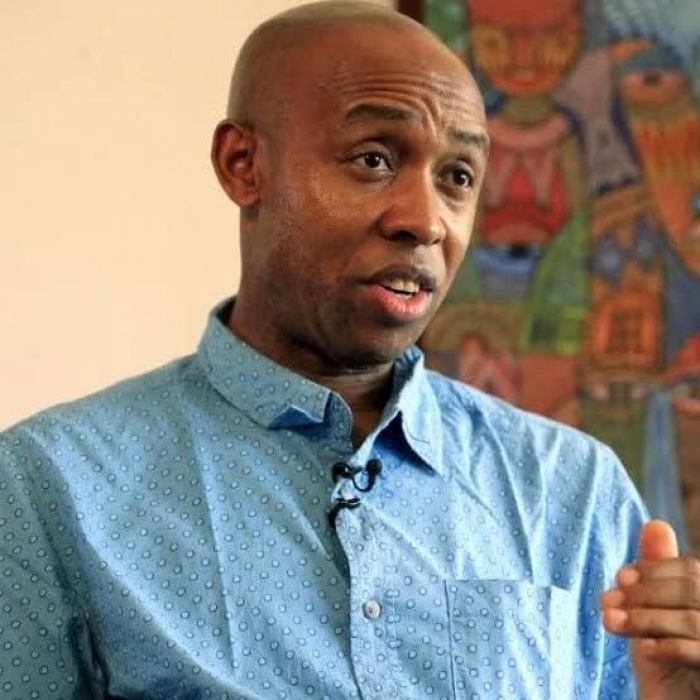June 17, 2025
Dangote Refinery’s nationwide fuel distribution plan sparks monopoly alarm among oil marketers
by Super User
A storm is brewing in Nigeria’s downstream oil sector as key industry associations raise alarm…
June 14, 2025
Tinubu's pardon of 'Ogoni Nine' rejected by Ogoni people
in POLITICS
by Super User
Ogoni activists on Friday rejected a posthumous pardon for nine members executed three decades ago…
June 16, 2025
Harvard happiness expert: Do this easy exercise right now to stay socially connected
in FEATURES
by Super User
Renee Onque An 87-year-long Harvard study found that social fitness — maintaining your personal relationships…
June 14, 2025
Traditional healer treats the sick with snake bites
in Strangely
by Super User
Rosalio Culit, also known as Datu Kamandag among his fellow Manobo tribe members in Surigao…
June 15, 2025
Over 100 feared dead as gunmen attack Benue communities in night of horror
in Crime
by Super User
At least 100 people have been killed in a brutal overnight attack on Yelewata, a…
June 17, 2025
Israel Vs Iran: Here’s what to know after Day 4
in WARS
by Super User
Israel activates 'Barak Magen' aerial defenses for system's first ever interception Israel activated a new…
June 13, 2025
Your favorite alcoholic beverage linked to deadly form of cancer, study finds
Nicole Saphier joins 'America's Newsroom' to discuss the surgeon general pushing for cancer warning labels…
May 13, 2025
Nigeria's Flying Eagles qualify for World Cup after dramatic win over Senegal
in Sport
by Super User
Nigeria's U-20 national football team, the Flying Eagles, have secured their place at the 2025…


































































